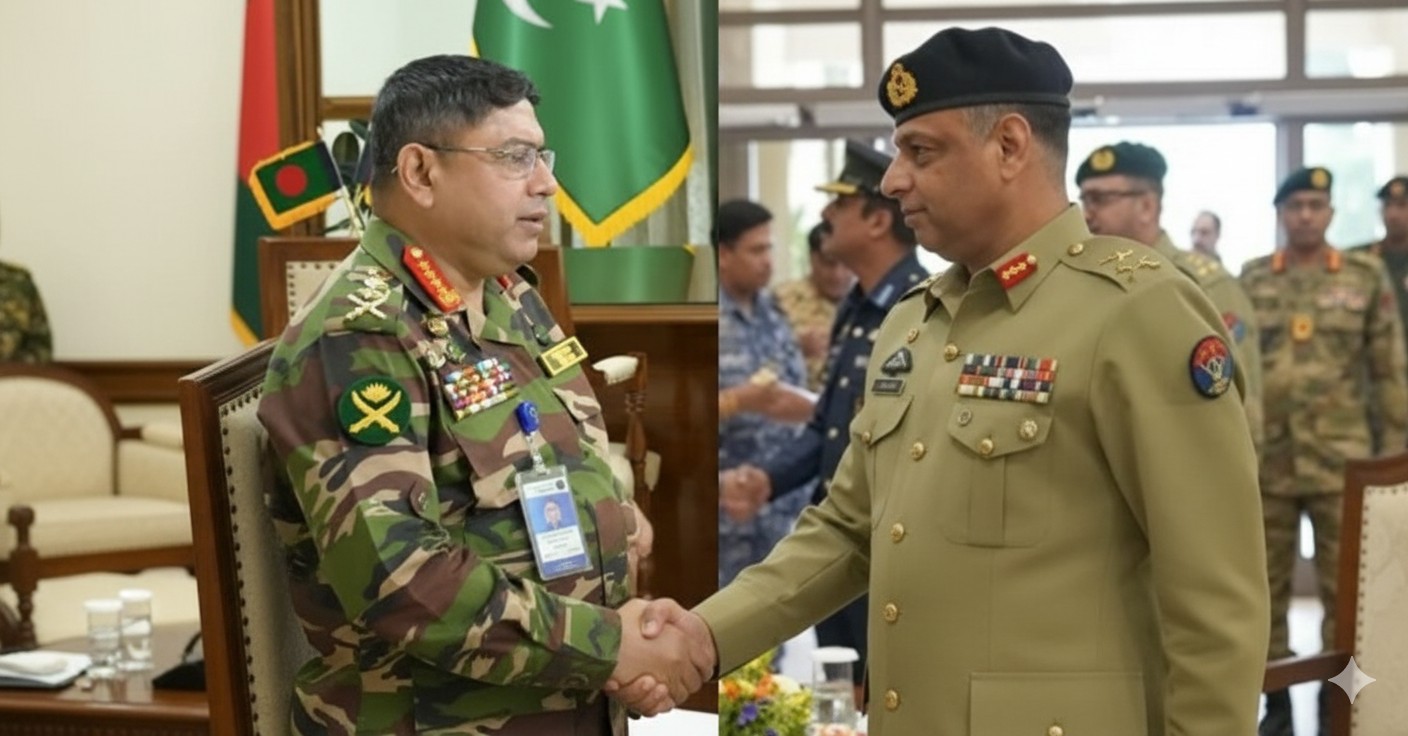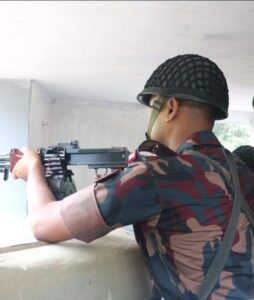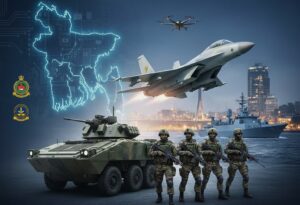This content is restricted to site members. If you are an existing user, please log in. New users may register below.
Pakistan’s DG Joint Staff Lt Gen Tabassum Habib Arrives in Bangladesh for High-Level Defence Visit

Reading Time: 4 minutes Dhaka lays out the red carpet amid expanding regional military diplomacy under the Yunus administration In a development reflecting the steady recalibration of Bangladesh’s regional defence diplomacy, Pakistan Army’s Director General of Joint Staff, Lieutenant General Tabassum Habib, arrives in Dhaka on 6 October on a four-day official visit hosted by the Armed Forces Division (AFD) under the office of Chief Adviser Mohammad Yunus. This is the highest-level Pakistani military visit to Bangladesh since the Yunus-led interim government assumed power in August 2024, following the ousting of the Sheikh Hasina administration. The trip signifies a notable revival of military-to-military engagement between the two South Asian nations, historically linked yet politically distant since 1971. A Senior Pakistani Officer in Dhaka Lt Gen Tabassum Habib currently serves as Director General of Joint Staff at Chaklala, Rawalpindi, where he oversees inter-service coordination among Pakistan’s Army, Navy and Air Force.

